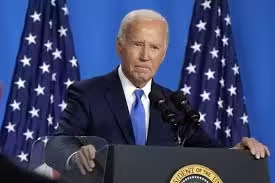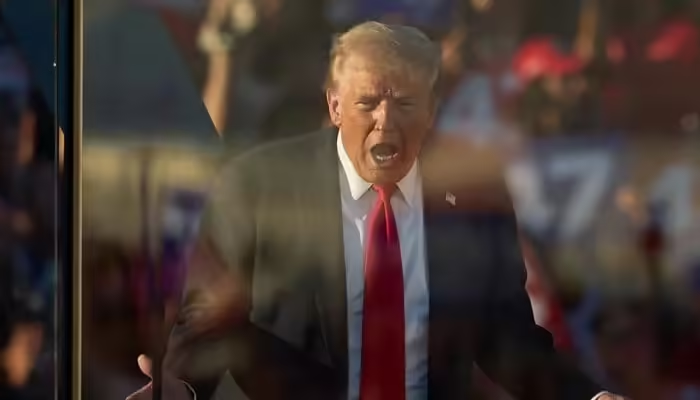Joe Biden’s decision to withdraw from the U.S. presidential race injects greater uncertainty into a world already grappling with wars in Ukraine and Gaza, an assertive China in Asia, and the rise of the far-right in Europe.
Biden’s extensive personal relationships with multiple foreign leaders, developed over his five-decade career, are unmatched by any potential Democratic replacements. Following his announcement, messages of support and gratitude for his years of service poured in from around the world.
The foreign policy challenges facing the next U.S. president highlight the global impact of Washington’s decisions. Here’s an overview of key areas:
ISRAEL
With Vice President Kamala Harris seen as a potential candidate, Israelis are evaluating what her candidacy might mean amid increasing global isolation over Israel’s military campaign against Hamas. Haaretz scrutinized Harris’ record of support for Israel, noting her vocal criticisms of Israel’s actions in Gaza. Israeli Defense Minister Yoav Gallant and President Isaac Herzog expressed gratitude to Biden for his steadfast support. However, no immediate reaction came from Prime Minister Benjamin Netanyahu, whose relations with Biden have been strained during the conflict.
UKRAINE
A new Democratic candidate is expected to continue Biden’s strong military support for Ukraine. However, frustration with the slow pace of U.S. aid and restrictions on Western weapons use is growing in Ukraine and Europe. Ukrainian President Volodymyr Zelenskyy expressed respect for Biden’s decision and gratitude for his support. Trump’s promise to end the war in one day has raised concerns in Ukraine about the potential for Russia to retain occupied territories. Russian officials, meanwhile, downplayed the significance of the U.S. presidential race.
CHINA
Both Biden and Trump have positioned themselves as tough on China. Biden increased tariffs on Chinese electric vehicles, while Trump pledged 60% tariffs on all Chinese products. Tensions with Beijing over trade, technology, and security have persisted into Biden’s term. China has maintained a cautious stance on the U.S. presidential race, with official media treating the story as minor and downplaying Biden’s withdrawal.
IRAN
The U.S. faces a volatile Middle East with Iran’s proxies involved in the Israel-Hamas conflict and tensions over Iran’s nuclear program. The Biden administration has maintained sanctions against Iran, despite efforts to renegotiate the nuclear deal. The sudden death of Ebrahim Raisi and the rise of reformist Masoud Pezeshkian as Iran’s president present new opportunities and risks.
EUROPE AND NATO
Many Europeans were relieved to see Trump leave office due to his criticisms of the EU and NATO. Biden’s support for close American-European relations has been evident, and his decision to withdraw from the race has prompted mixed reactions. European leaders expressed respect and affection for Biden, but there is concern about the future of NATO’s support for Ukraine and its stance against authoritarian states.
MEXICO
The U.S.-Mexico relationship, marked by cooperation on migration issues, has seen stability through both Trump and Biden’s presidencies. President Andrés Manuel López Obrador called Trump a friend and emphasized the importance of addressing migration issues without resorting to border closures or blaming migrants for drug trafficking.
Biden’s withdrawal has created a complex and uncertain global landscape, with key international relationships and policy directions hanging in the balance.



